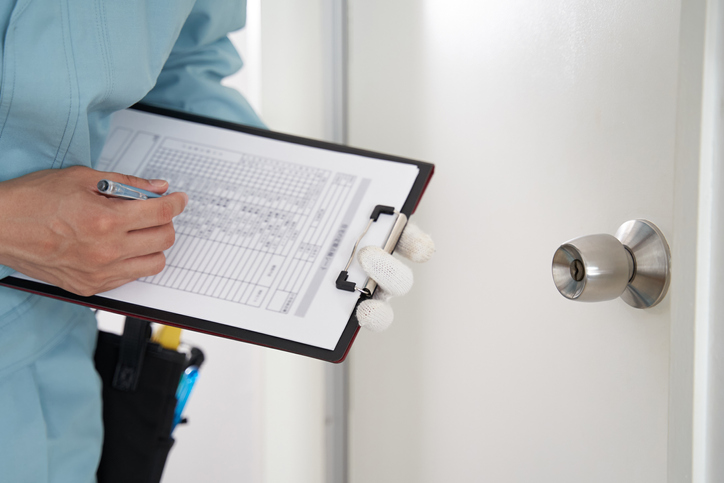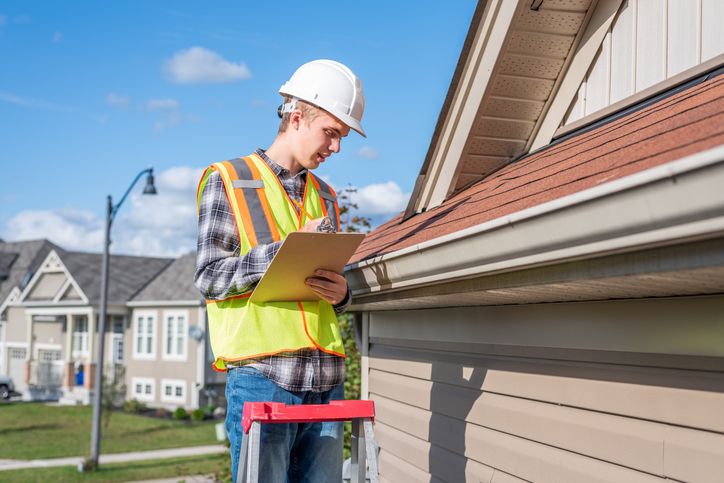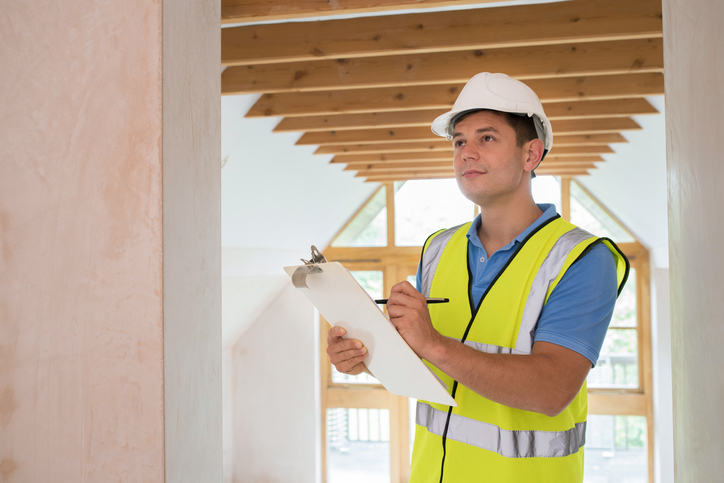5 Common Home Issues You’ll Encounter During Your Home Inspector Career
July 13, 2021
Home inspectors have an important role to play in the process of purchasing a home. These professionals have the knowledge and skills necessary to identify issues in homes that aren’t usually visible to the naked eye. They’ll also communicate with a home’s potential buyers to alert them of any possible problems, enabling them to make an informed decision before moving forward.
If you’re seeking a career as a home inspector, you’ll be visiting homes to conduct a thorough inspection, identifying damaged components, signs of neglect and more. Your success will be enhanced if you familiarize yourself with some common issues you can expect to identify in home inspections throughout your career.
Below, read on to discover five of the most common home issues to be aware of!
1. After You Become a Home Inspector, You May Encounter Damaged Roofing
Roofing damage is one of the most common forms of home damage, making it important to look closely at the roof during your home inspector career. Signs of damage can appear in the shingles, trim, and flashing, and all of these components should be closely expected. Additionally, it’s important to obtain information such as when the roof was last replaced, what the life expectancy of the roof is, and whether any repairs have been done on the roof. The roof may also show signs of leakage, and if any damage is found, the buyers should be notified immediately.

2. Water Damage Issues Are Common
Water damage can often lead to mold growth, structural damage, and leakage, so it’s crucial to address this problem during a home inspection. Check the pipes for cracks, and examine the ceiling, attic, flooring, and basement for any signs of warping, cracking, or water spots. Water damage can also be caused by drainage problems, so ensuring that drainage systems such as roof gutters and downspouts are securely installed is necessary when it comes to preventing future water damage.
3. Check for Electrical Problems
If you want to become a home inspector, you’ll want to note that electricity problems are common in many homes. When conducting an inspection, check a home’s circuit breaker and electrical panel. You’ll want to determine whether there are any components that show signs of wear, or whether the electrical system is outdated. Additionally, inspect the wiring to see whether there are any bad connections that can be identified, and ensure that all wiring is correctly grounded. Lastly, compare the electrical system with relevant electrical codes to make sure there are no violations.

4. In Older Homes, the Foundation Can Present an Issue
Depending on how old a home is, the foundation can often present an issue. A foundation may show signs of cracking, which may be caused by environmental factors, tree roots, a lack of reinforcement, or drainage issues. As a cracked foundation can cause interior leakage and even create shifting within a home, it’s important to look out for potential problems in order to save buyers from safety hazards and hefty expenses down the road.
5. General Maintenance Problems Are Often Discovered
If a home hasn’t been well maintained by its previous owners, there will often be many signs of general neglect which should be identified during a home inspection. The paint (both interior and exterior) might be cracked, the heating and cooling system may need repair, and major appliances such as the oven, refrigerator, and dishwasher may need replacing. While these may seem like cosmetic issues, they can end up costing homeowners a lot more than anticipated down the line.
Ready to begin your home inspector training?





